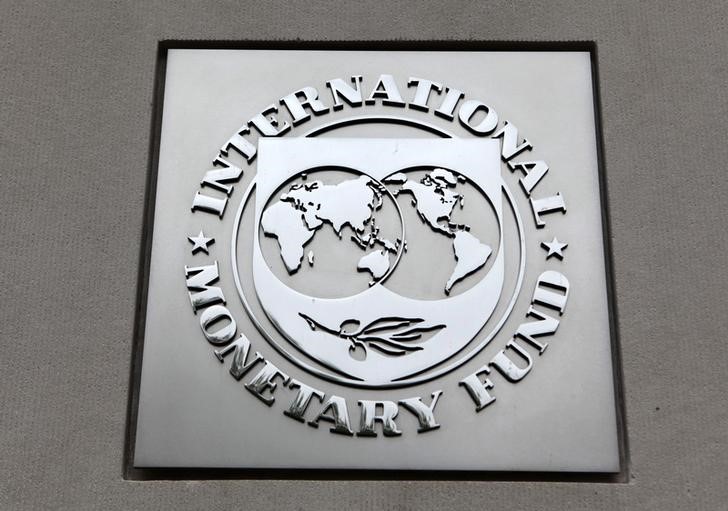Investing.com -- The International Monetary Fund (IMF) expects global economic growth to remain stable but underwhelming in the near and medium term, projecting GDP growth of around 3% annually.
In its October outlook note, the IMF noted that while the global economy has shown resilience after recent crises, lingering challenges remain.
“Weak growth extends beyond the disinflation period, suggesting that potential growth has been durably affected,” the IMF said.
The IMF emphasized that while global growth appears stable, the underlying dynamics reveal important sectoral and regional shifts.
“A global shift from goods to services consumption is underway,” the IMF explained, with advanced and emerging markets benefiting from stronger services activity.
At the same time, they state that manufacturing output has slowed in many advanced economies, while emerging markets like China and India are gaining competitiveness.
Advanced economies are said to be largely recovering from pandemic-related disruptions, but developing nations continue to struggle with “large output shortfalls and persistent inflation,” making them more vulnerable to geopolitical shocks and commodity price surges.
Furthermore, the IMF adds that inflation remains a key concern, with services price inflation still high due to wage growth catching up from the inflation surge of 2021–22. As a result, some central banks have delayed easing monetary policies, putting pressure on public finances, especially in countries with high debt-servicing costs.
“The policy mix is expected to shift from monetary to fiscal tightening,” the IMF noted, as governments adjust strategies to manage debt dynamics.
The IMF also highlighted elevated uncertainty, with geopolitical tensions, financial market volatility, and upcoming elections affecting economic stability.
“The return of financial market volatility over the summer has stirred old fears about hidden vulnerabilities,” the IMF cautioned, adding that shifting trade policies could disrupt global supply chains and growth prospects.
Despite these challenges, the IMF said there is an opportunity for governments to implement “overdue structural reforms” that could enhance growth and fiscal stability in the long term.
